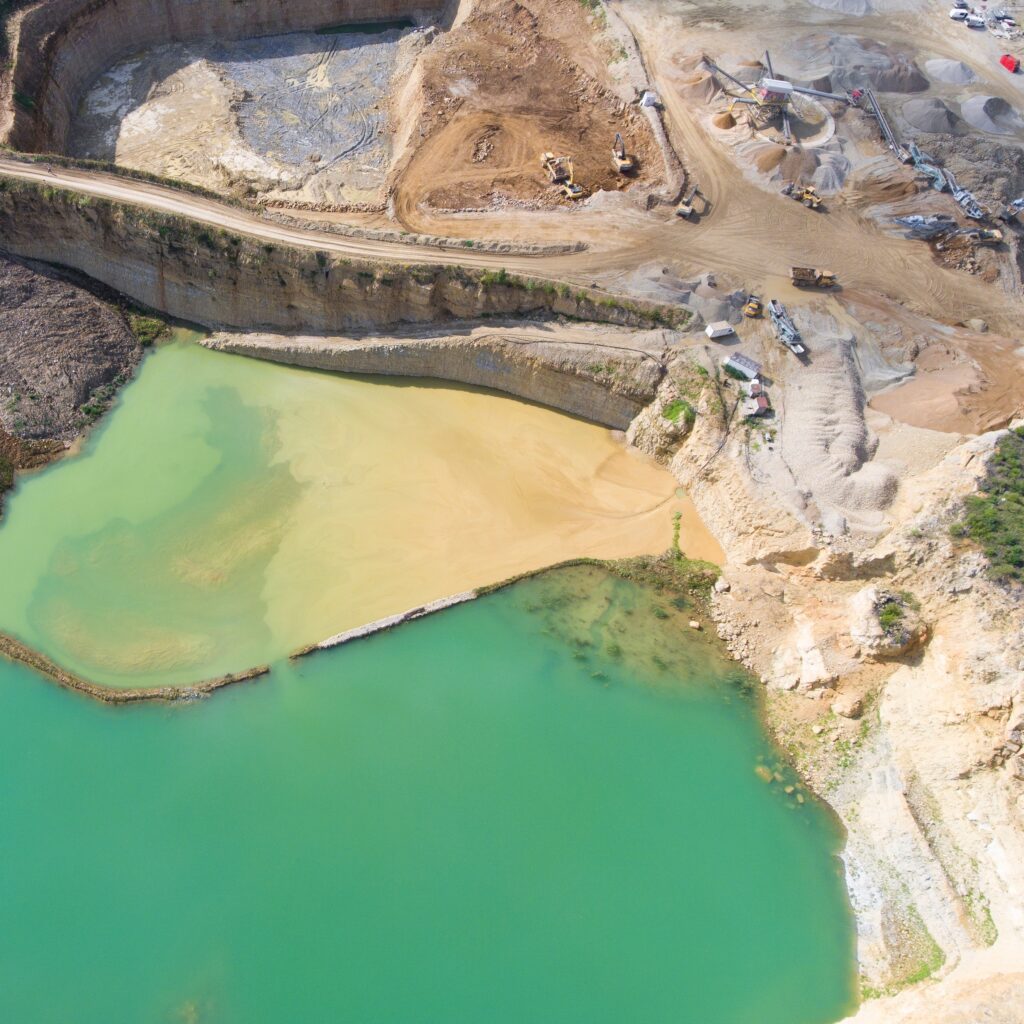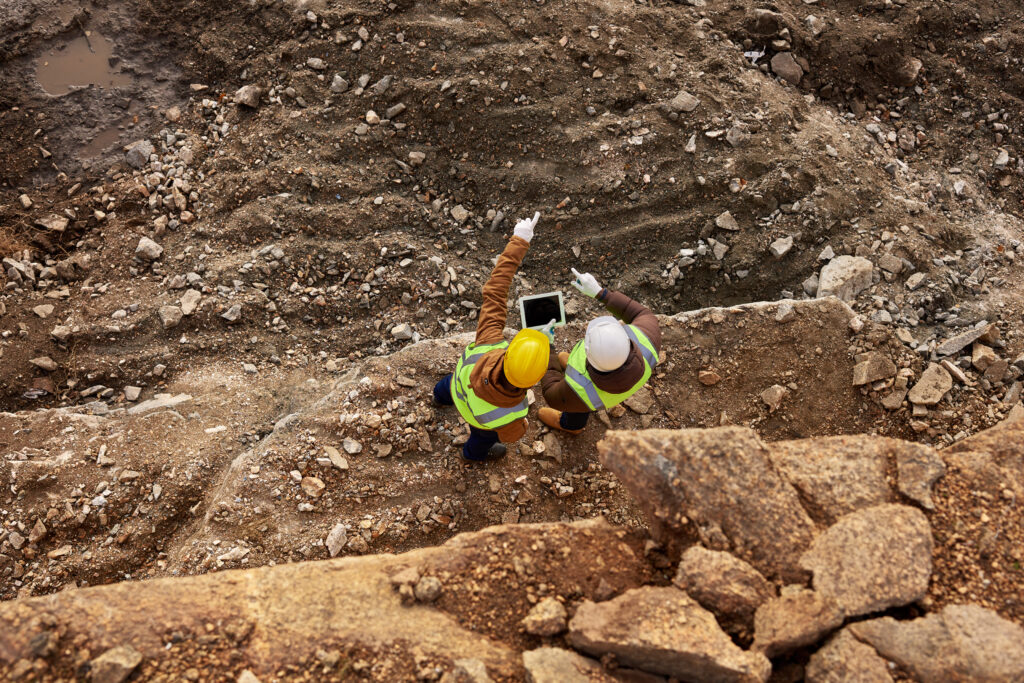Major resources companies are discovering that proof matters, when it comes to demonstrating they care about the environmental claims they make when announcing projects.
It’s not enough to say that you will take steps to mitigate the impact of operations on a threatened turtle species.
And it’s not sufficient to say you promise to keep an eye on the water table, or will definitely check dust isn’t blanketing the nearby nests of rare birds.
Now, companies actually need to stump up the evidence of their claims.
The pointy end of proof can be seen in the decision in May by Federal Environment Minister Tanya Plibersek to cancel two applications for coal mines in Queensland on the basis that proponents failed to submit additional information requested of them.
The proponent of the proposed China Stone Coal Mine project in Belyando, Queensland, had been asked in 2018 to provide additional information about the potential impacts on threatened species and water resources, the Minister said. None was forthcoming.
Similarly, the proponent of the Range Coal project, a proposed open-cut coal mine and processing facility in Central Queensland, has reportedly sat on a request for information for a decade.
While proponents of the mines apparently each confirmed in 2020 that they would submit the information, since nothing has been received, the Minister has decided to cancel both projects — together costed at more than $USD5 billion.
Up to a point, the cancellation is an easy win for a government under fire from some quarters for not taking a harder stance against resource projects.
Neither coal mine was about to break ground in the foreseeable future.
The China Stone Coal Mine was reported as having been quietly shelved as far back as 2019 while Range Coal was supposed to have started producing back in 2015.
Canning projects that don’t seem likely to proceed is a politically safe way to make a point.
But perhaps more important than the action is the message that accompanied it.
The two coal projects are on a list of 18 coal and gas proposals that the Minister agreed to reassess, despite them having been considered already under the Environmental Protection and Biodiversity Conservation Act.
Normally in the two stage approvals process the Minister considers the habitats, species and ecologies that could be impacted by a project, then either denies approval or grants it with conditions.
But there is also an option for reconsideration to take place after the first stage if more information comes to light.
Given how much is now known about the impact of the climate crisis on habitats and species, that has created new scrutiny for a host of projects, some first considered more than a decade ago.
Minister Plibersek drummed the point home.
“I will have zero tolerance for businesses who refuse to provide adequate information about the impact their projects will have on nature,” she said.
“If companies aren’t willing to show how they will protect nature, then I’m willing to cancel their projects — and that’s exactly what I’ve done.”
The decision is likely to see companies with projects on the hit list scrambling to take the renewed threat seriously — but it has implications right across the resources sector.
If you have a project that might need environmental approval in a year, three years or more, and you are not adequately demonstrating the steps you take to comply and protect the planet now, then this move makes your path to approval much more precarious.
For us, the shift in tone is not unexpected.
For the past year, we have been working in partnership with clients who have heightened sensitivity to the changing project landscape to develop world-class environmental tracking and monitoring software.
INX Preserve has been specifically designed with environmental compliance, monitoring and reporting front of mind, recognising that few projects will proceed if they don’t get this fundamental step right.
INX Software has always believed that the future belongs to those prepared to protect it. For the companies wanting to continue operating in this sector, you have to prove it as well.














